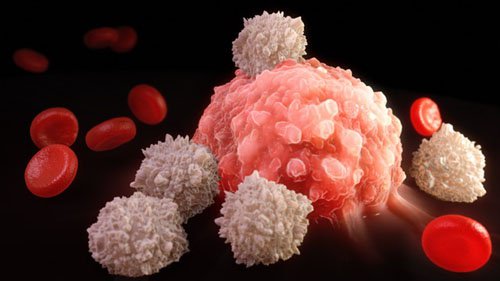Upi: Anal cancer rates are on the rise in many countries. But vaccination against human papillomavirus (HPV) -- a virus linked to the development of anal cancer -- may help curb rates of the disease, a new study suggests.
Researchers looked at data from the International Agency for Research on Cancer. The data included 18 countries. The investigators found that anal cancer rates have been increasing in women and men in 13 of those countries, particularly Australia and other countries in the Americas, and northern and western Europe.
In those countries, a major subtype called anal squamous cell carcinoma (ASCC) was much more common than others, and was the main reason for the overall increasing rates of anal cancer. Rates of another major subtype, anal adenocarcinoma (AAC), have been stable or decreasing in most populations, the researchers said.
"The reason for the increasing ASCC incidence rates in many populations is unclear, but is likely to reflect changes in prevalence of environmental risk factors," study leader Dr. Farhad Islami and colleagues wrote. Islami is strategic director of cancer surveillance research at the American Cancer Society.
Those risk factors included HPV infection, which is found in almost all cases of ASCC, according to the report.
"Certain preventive measures if implemented, including HPV vaccination and campaigns for safer sexual behaviors, would serve to prevent a substantial number of anal cancer cases in the future," the study authors said.
Anal cancer is relatively rare. The most recent estimates show there were about 27,000 cases worldwide in 2008 -- 14,500 cases in women and 12,500 in men, the study authors noted in a news release from the American Cancer Society.
The study was published online recently in the International Journal of Epidemiology.
Fuente: www.upi.com
